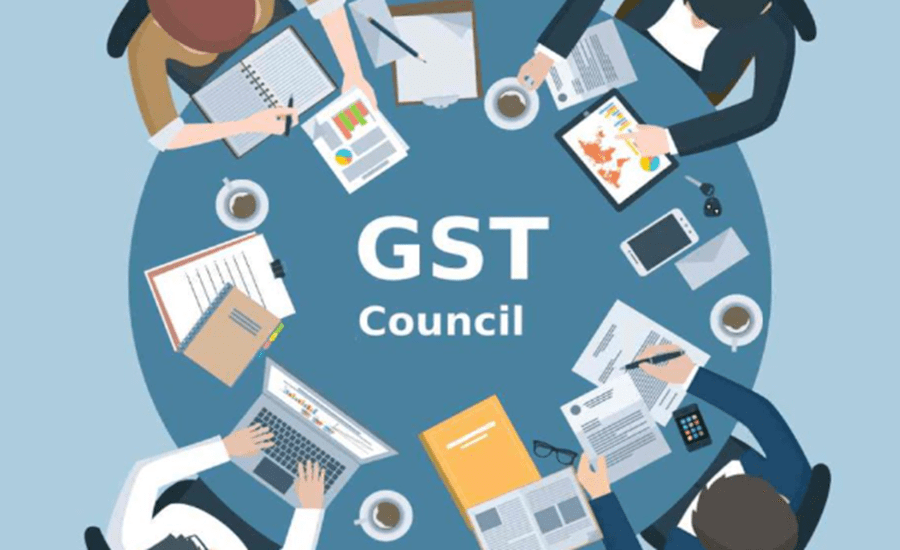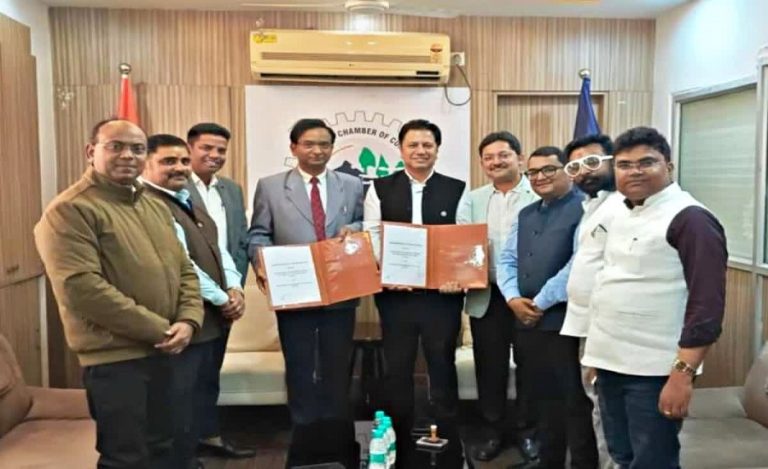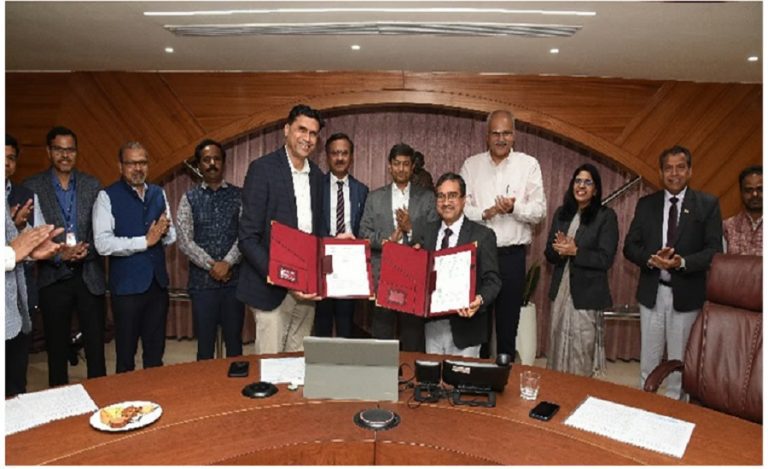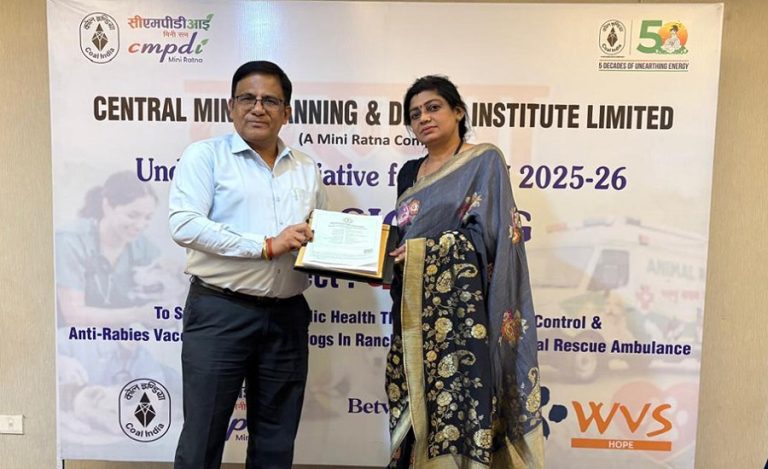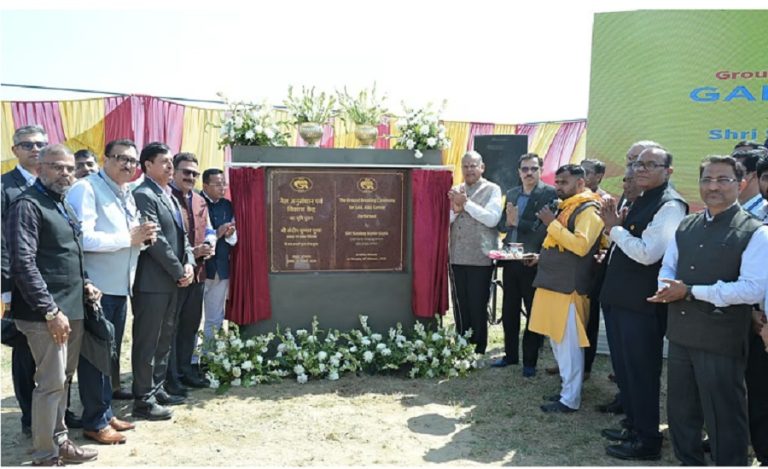In a significant move to combat tax evasion, the GST Council on Saturday approved the implementation of a Track and Trace Mechanism for commodities prone to evasion. Under this system, a unique identification mark will be affixed to goods or their packages, enabling their traceability throughout the supply chain. This mechanism is set to be enforced through an amendment to the CGST Act, 2017, specifically under Section 148A, which will empower the government to regulate these measures.
The finance ministry explained that the system would create a legal framework for tracking specified commodities, enhancing transparency and reducing leakage in the supply chain. Additionally, the Council clarified that suppliers of online services to unregistered recipients must record the state of the recipient on the tax invoice, which will serve as the recipient’s address for tax purposes.
In terms of GST rates, Finance Minister Nirmala Sitharaman announced several key decisions. The GST rate on fortified rice kernels (FRK) will be reduced from 18% to 5%, and gene therapy will be exempt from GST. The Council also decided to lower the compensation cess to 0.1% on supplies to merchant exporters and exempt IGST on imports of equipment and consumable samples by the International Atomic Energy Agency (IAEA), subject to conditions.
Regarding services, the Council exempted GST on contributions by general insurance companies to the Motor Vehicle Accident Fund, which provides compensation to road accident victims. Additionally, GST on vouchers will be eliminated, as they are neither goods nor services. The Council also approved the amendment of the definition of pre-packaged and labelled goods to include all retail-ready commodities weighing up to 25 kg or 25 liters.
Finally, the Council clarified that penal charges levied by banks and NBFCs on borrowers for non-compliance with loan terms will not attract GST, and recommended reducing pre-deposit requirements for filing appeals involving penalties.

